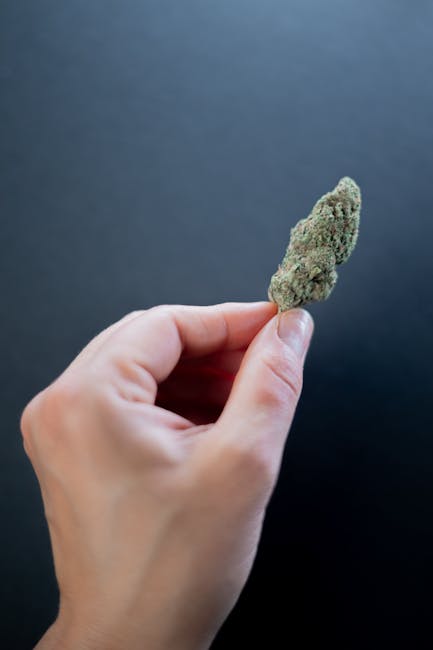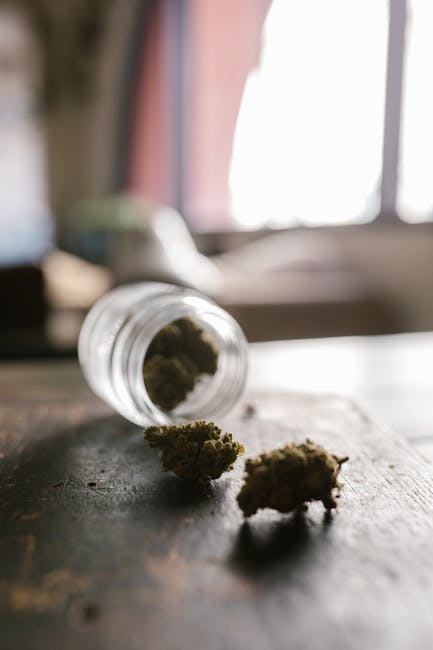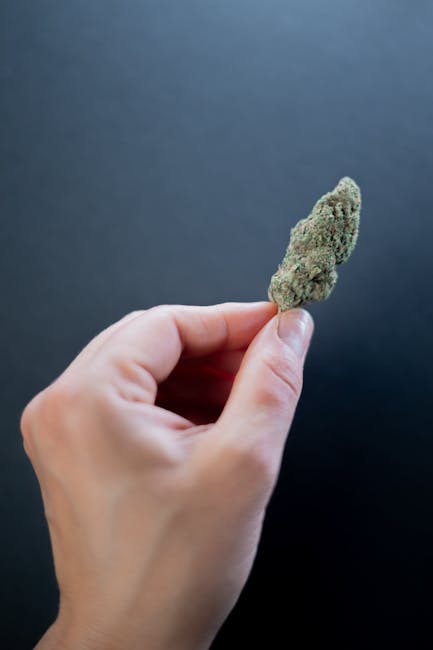Kush Drug: Understanding the Risks, Effects, and Legal Ramifications of Cannabis Concentrates
The term “Kush” often evokes images of potent, high-THC cannabis. While not a specific strain, it’s a colloquial term used to describe a range of high-potency cannabis concentrates, often with origins in the Hindu Kush mountain range. Understanding the effects, risks, and legal implications of Kush, and cannabis concentrates in general, is crucial for both users and policymakers.

What is Kush? Deconstructing the Term
The term “Kush” lacks precise botanical definition. It’s a marketing term, often used to denote exceptionally strong cannabis products, typically concentrates like hash oil, shatter, wax, and other forms of highly processed marijuana. These products boast significantly higher THC concentrations than traditional flower, leading to a more intense and potentially overwhelming high.
The potency of Kush can vary greatly. While some products might contain THC levels exceeding 70%, others may be considerably less potent. This variability underscores the importance of careful sourcing and understanding the product’s precise THC content before consumption.

Origins and Misconceptions
The association with the Hindu Kush region suggests a lineage, and indeed, many high-THC strains trace their ancestry to that region. However, many products marketed as “Kush” may not have a direct genetic link to these origins. The term is predominantly used for marketing purposes to convey an image of high potency and quality.
Effects of Kush: A Comprehensive Overview
The high potency of Kush leads to significantly amplified effects compared to traditional cannabis flower. These effects can be both desirable and undesirable, depending on the user’s tolerance, expectations, and the specific product consumed. Common effects include:

- Intense euphoria
- Increased relaxation
- Altered perception of time and space
- Increased appetite (the “munchies”)
- Dry mouth and eyes
- Impaired coordination and motor skills
- Anxiety and paranoia (especially in high doses or in individuals prone to anxiety)
- Increased heart rate
Negative Effects and Risks
While recreational use may be appealing, it’s imperative to acknowledge the potential negative consequences of Kush consumption. The high THC concentration significantly increases the likelihood of adverse reactions, particularly for novice users or those with pre-existing mental health conditions. These risks include:
- Severe anxiety attacks
- Psychosis
- Hallucinations
- Increased risk of respiratory problems from inhalation methods
- Addiction and dependence
- Driving impairment
Legal Ramifications of Kush
The legal status of Kush, like all cannabis products, is highly dependent on location. While recreational or medical cannabis is legal in many jurisdictions, the legal framework governing concentrates like Kush often differs significantly from that of flower. Some areas may have stricter regulations on the production, sale, and possession of concentrates due to their higher potency and perceived risks.
Even in states where recreational cannabis is legal, regulations concerning concentrate potency, packaging, and labeling vary considerably. It’s essential to familiarize oneself with the specific laws and regulations in one’s area before purchasing or consuming Kush.
Penalties for Illegal Possession and Distribution
Penalties for illegal possession and distribution of Kush can range from fines to imprisonment, depending on the jurisdiction and the quantity involved. The penalties for dealing in concentrates are often harsher than those for dealing in flower due to the higher potency and associated risks.
Responsible Use and Harm Reduction Strategies
For individuals choosing to consume Kush, responsible use is paramount. This includes:
- Starting with very small doses, especially if new to cannabis concentrates.
- Using a reliable source to ensure product purity and accurate THC labeling.
- Being aware of the potential risks and side effects.
- Avoiding driving or operating machinery while under the influence.
- Seeking professional help if experiencing adverse effects or struggling with addiction.
Seeking Professional Help
If you or someone you know is struggling with cannabis use or addiction, seeking professional help is crucial. Therapists, counselors, and addiction specialists can provide support, guidance, and treatment options to help manage cannabis use and its associated problems.
Conclusion: Navigating the Complexities of Kush
Kush, as a term, represents a broad category of high-potency cannabis concentrates. Understanding its effects, risks, and legal implications is critical for safe and informed decision-making. While its use might be appealing for some, responsible use and awareness of potential negative consequences are essential. Remember that legality, potency, and potential health impacts vary widely. Always prioritize safety and seek professional help when needed.

